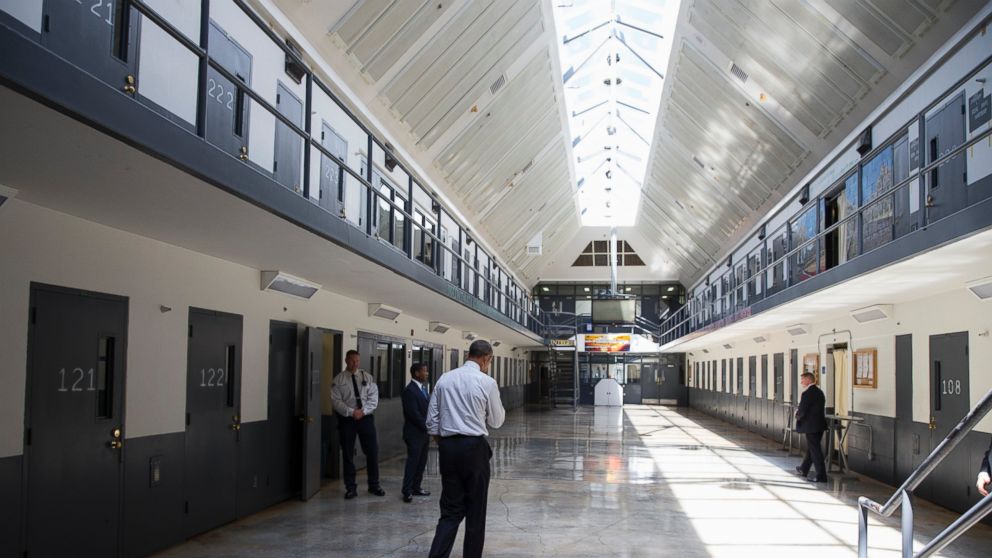Justice Department Announces Effort to End Use of Private Prisons

— -- The Justice Department has launched an effort to reduce, and eventually discontinue, its use of privately operated prisons, according to the department's second-in-command.
"I am directing that, as each contract [with private prisons] reaches the end of its term, the Bureau should either decline to renew that contract or substantially reduce its scope in a manner consistent with law and the overall decline of the Bureau’s inmate population," Deputy Attorney General Sally Yates said in a memo to the Bureau of Prisons.
Yates added, "Private prisons served an important role during a difficult period, but time has shown that they compare poorly to our own Bureau facilities."
In fact, just a week ago, a report by the Department of Justice (DOJ)'s internal watchdog, the inspector general's office, found that "in most key areas, contract prisons incurred more safety and security incidents per capita than comparable [Federal Bureau of Prisons (BOP)] institutions."
As the federal prison population skyrocketed a decade ago, the Justice Department began contracting with private prisons. But the federal prisoner population has begun to decline, thanks in part to "several significant efforts to recalibrate federal sentencing policy," and private prisons "simply do not provide the same level of correctional services, programs, and resources" as government-run institutions, Yates said in her memo.
Private prisons also "do not save substantially on costs," and the "rehabilitative services that [BOP] provides, such as educational programs and job training, have proved difficult to replicate and outsource," she added.
In its report released last week, the DOJ inspector general’s office also showed higher per person rates of "contraband finds, assaults, uses of force, lockdowns, guilty findings on inmate discipline charges, and selected categories of grievances," a press release said.
"For all these reasons, I am eager to enlist your help in beginning the process of reducing –- and ultimately ending –- our use of privately operated prisons," Yates told BOP’s acting director in the memo.
BOP currently uses private prisons "primarily to confine low security, criminal alien, adult males," according to the inspector general’s office.
As of December 2015, private prisons housed roughly 22,660 of these federal inmates –- or about 12 percent of BOP’s total inmate population -– costing taxpayers more than $630 million a year, the DOJ inspector general’s report said.
Within minutes of the news today that the Justice Department was looking to end its use of private prisons, at least two of the three private corporations used by the department saw their values drop by double-digits on the New York Stock Exchange (NYSE).
This issue has been a long-standing priority for the progressive wing of the Democratic Party and became a hot topic on the presidential campaign this year. Bernie Sanders, in particular, was vocal about his opposition to private prisons from the start of his campaign, and today he applauded the Justice Department's announcement.
ABC News' Paul Blake and MaryAlice Parks contributed to this report.



